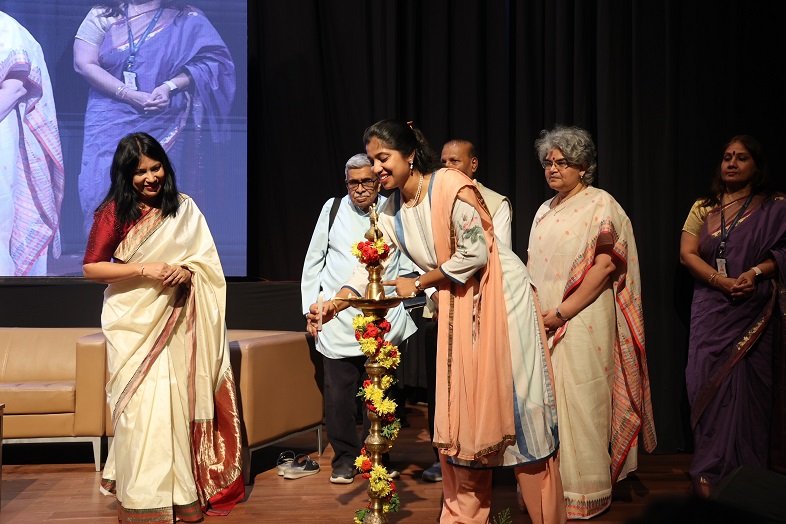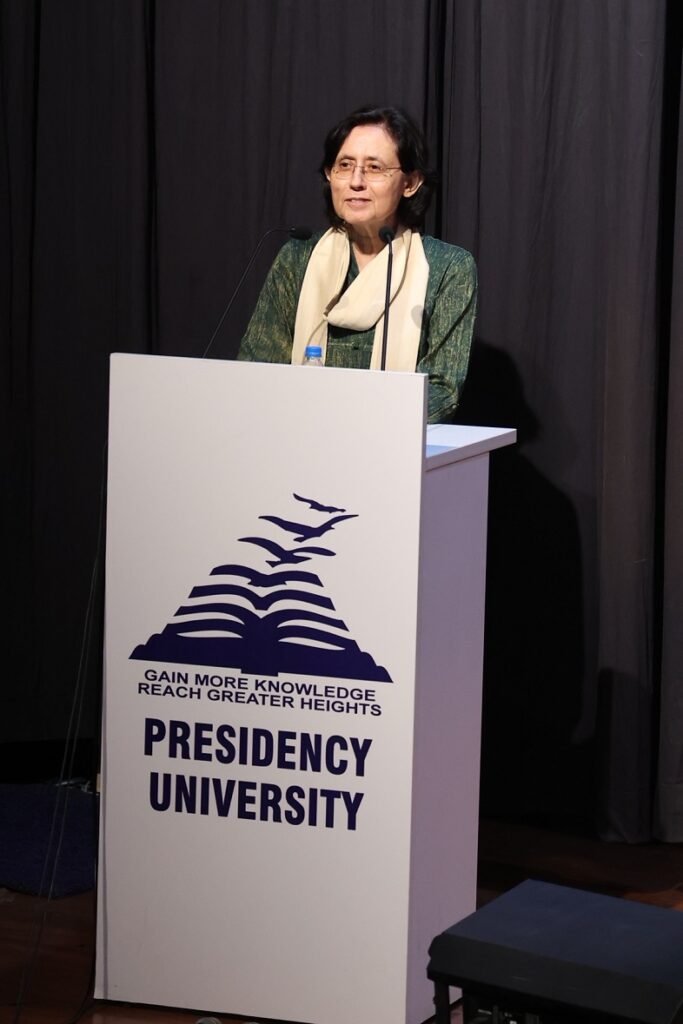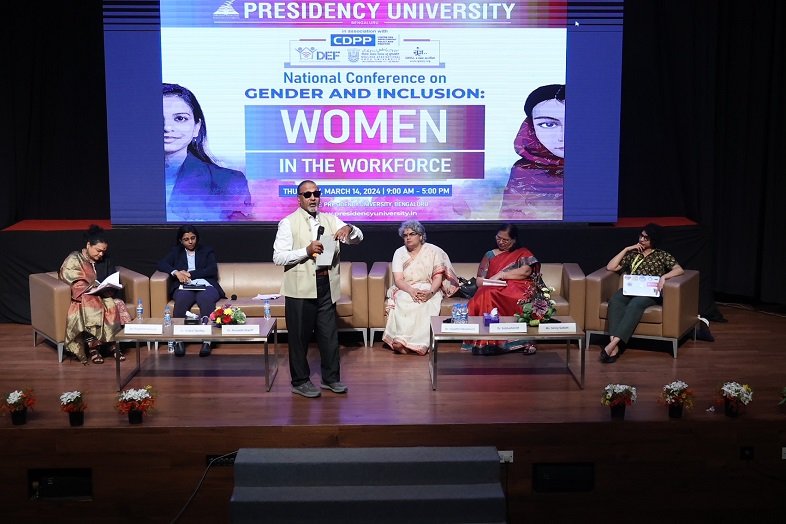Chandigarh, 12 July, 2024: Taneira, a TATA product announces its partnership with Goonj, for its new initiative, ‘Exchange, Elevate and Empower’. Commencing from July 10th, this initiative invites our customers to contribute their cherished sarees for development work and avail attractive offers on new merchandise. The contributed sarees will be repurposed by Goonj to reward women across rural India, participating in development work, together with their community, to address their own local development issues.

At the heart of this initiative is a novel concept that enables customers to live and give sustainably and responsibly, even as they get to explore various forms of the six-yard. Customers are encouraged to bring in their pre-loved sarees, each imbued with memories and cultural significance, as a contribution to the larger purpose of a better world, as well as to explore compelling offers. For every saree contributed, Taneira rewards patrons with a coupon offering 10% off on new products. Customers can also redeem these offers on the Taneira online store. This initiative is also an opportunity to experience the finest Indian weaving traditions under one roof. Taneira offers a rich variety of clusters like exquisite Pure Silk and Cotton Ikat, Sambalpuri, Tussars, Banarasis, Kanjivarams, South silks, Jamdanis, Vegan collections, Chanderis, and Maheshwaris, each featuring revitalised designs. Patrons can select new favourites from the wide range that Taneira has to offer and exchange their old sarees.
The initiative not only gives one a chance to upgrade old wardrobes but also offers everyone an opportunity to pay back to the larger society which nurtures us. The collected sarees are entrusted to Goonj, renowned for its expertise in channelising urban surplus as a new resource to mobilise and empower rural communities. At its processing centres in the metro cities, Goonj teams meticulously examine and refurbish these sarees, to reach out to communities across rural India. They transform even the un-wearable ones into a myriad of products e.g some heavy sarees could potentially be included in Goonj’s wedding kits for rural families, fulfilling every girl’s desire to look the best on her wedding day. Goonj’s holistic approach to using urban India’s surplus material for rural India’s development challenges encourages customers to appreciate and preserve India’s rich cultural heritage in its villages while promoting mindful consumption and contributing to a thoughtful initiative.
Mr. Ambuj Narayan, CEO, Taneira, expressed his enthusiasm for the initiative, stating, “We are proud to collaborate with Goonj for the ‘Exchange, Elevate and Empower’ initiative. This meaningful program aligns with our commitment to preserving India’s rich textile heritage. We at Taneira, bring the wide variety of craft clusters to our discerning customers, showcasing the finest weaves from diverse regions across India. By leading the facilitation of saree exchange, we’re not just giving our customers a way to refresh their wardrobes responsibly, we’re also contributing to a cycle of empowerment for rural communities. This initiative will create a positive impact while innovatively upholding textile traditions.”
On the partnership, Mr. Anshu Gupta, Founder, Goonj said, “I am glad to see Taneria coming together with Goonj, to give women across urban India a unique opportunity to utilise all the sarees lying unused in our suitcases and wardrobes for a larger purpose. While urban women wear many different kinds of clothing today, saree is still the quintessential daily wear of most rural women. For them this beautiful garment is simply about their dignity and survival. Under our ‘Cloth For Work’ initiative when rural women work on their own issues and receive kits having sarees, as reward, their joy is the best gift for our work. I hope more organisations get inspired by this partnership as it exemplifies our joint commitment to bridge the resource gap between the urban and the rural.”


